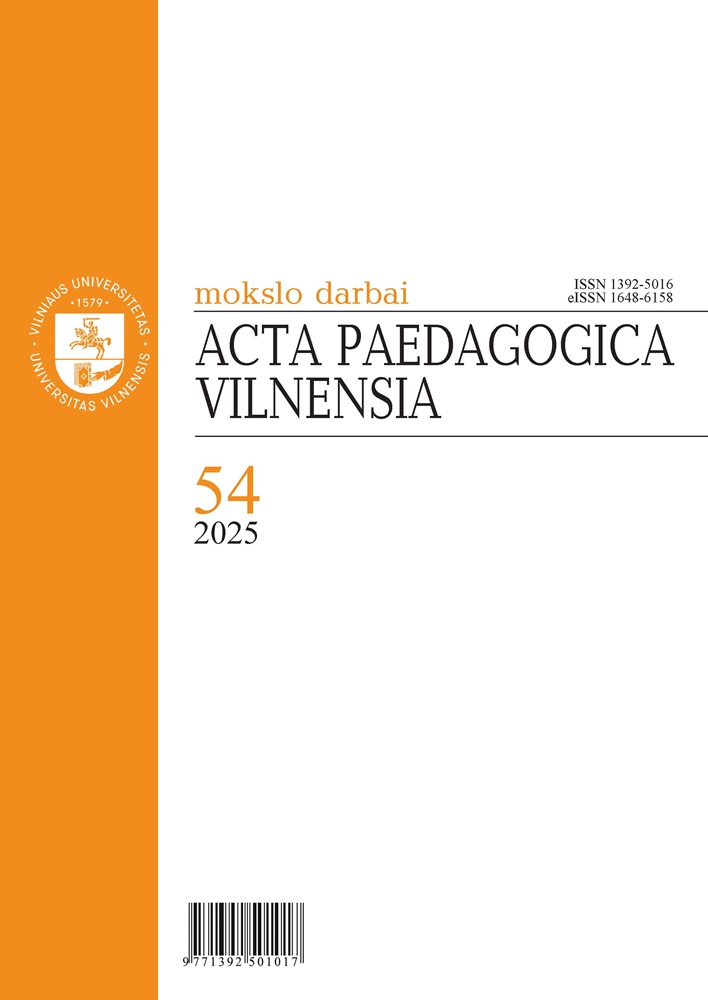Abstract
The purpose of this article is to present the researches conducted by the author of the article in the years 2006–2024 and their results; to retrospectively evaluate the value of the research conducted in the context of all research in the field under consideration in Lithuania and the world.
The first research on logical thinking in the field of morality was conducted in Lithuania in 2009, and the results of the educational experiment showed that, after implementing the model of education of logical thinking competence in the field of morality and studying ethics for 6 months according to a specially prepared methodological tool, the logical thinking abilities of the experimental group of students in grades 9–10, when analyzing moral phenomena, improved significantly, while the control group’s result remained unchanged.
A diagnostic study, conducted in 2024, revealed that the logical thinking skills in the morality field of 10th grade students in the schools where the research was conducted were at the same low/average level as they had been in 2006 and 2009.
The empirical experiment, conducted by the author of this article, is the only research in Lithuania (and probably in the world) in the field of applying the rules of logical thinking in moral reasoning with 9–10th grade students. The methodological tool, designed for the development of logical thinking skills in the field of morality of 9–10th grade students, was developed, and its effectiveness was tested empirically and proven by the experiment using the newly developed test for assessing skills of logical thinking in the morality field. By comparing the conducted studies with other studies, it can be concluded that the educational experiment can be classified by longitude as medium-length research, whereas, by the number of participants, it qualifies as a large-scale study. In retrospect, this was one of the first large-scale studies of logical thinking.

